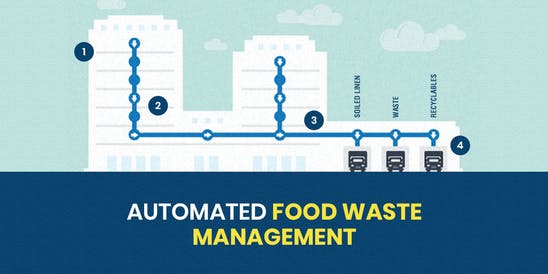6,053 reads
Why We Are Automating Food Waste Management With AI?
by
July 19th, 2019
Audio Presented by
Tech Lead and Technical Content Writer @xicom.biz. Tech Geek, Passionate Writer, Business Consultant
About Author
Tech Lead and Technical Content Writer @xicom.biz. Tech Geek, Passionate Writer, Business Consultant
